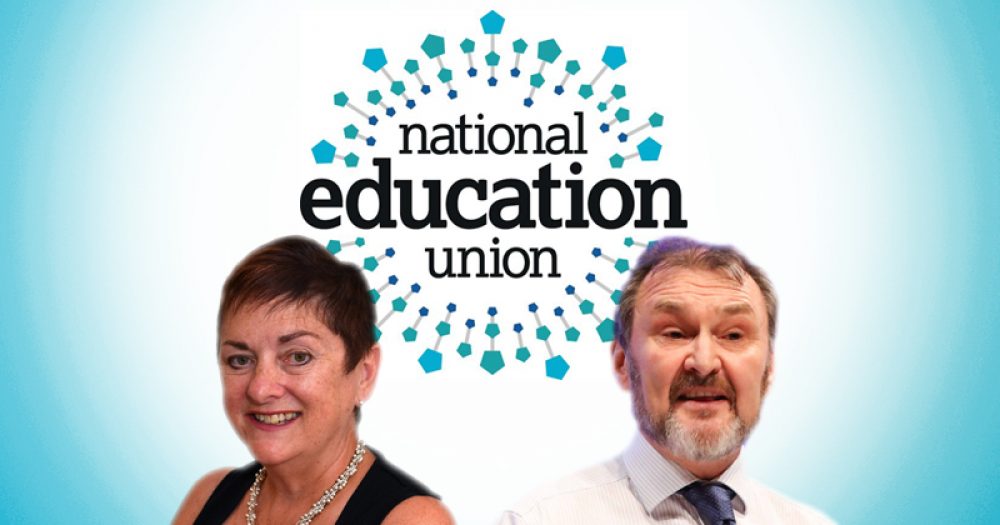More teacher strikes are on the cards after National Education Union (NEU) members voted to reject the government’s pay offer.
Education secretary Gillian Keegan had offered a one-off £1,000 payment this academic year and a 4.3 per cent rise for most teachers next year, as well as other pledges on workload.
The NEU had encouraged its members to reject the offer. It announced at its annual conference this morning that an “overwhelming” 98 per cent had voted to reject the deal.
A total of 195,564 members voted on the pay offer – a turnout of 66 per cent. Of those, 191,319 voted to reject the deal.
More teachers voted in the six-day survey than during the NEU’s preliminary ballot for strike action which lasted four weeks.
Kevin Courtney, NEU’s joint general secretary, said the union was putting the education secretary “on notice”.
“Gillian we need to say to you, you are not reading the room. NEU members are telling you clearly and in ever bigger numbers, your offer does not cut the mustard.
“This dispute is not going away, our members are instructing us that we have to keep going for the sake of their profession and the children they teach.”
Courtney added that the union would write to Keegan today to inform her that the union was calling for further strike action on April 27 and May 2.
‘There is time for a new offer’
But Dr Mary Bousted, joint general secretary of the NEU, said: “There is time for you to make a new offer which can resolve this dispute.”
“We want you to make a new offer that is fully funded, which matches other rises, which begins to deal with the crisis in our schools – an offer that our members would be prepared to accept.”
The union said it would ask districts to make local arrangements for year 11 and 13 students so they could continue to go to school during strike days.
The government has said it will revert to its usual pay-setting process via the school teachers’ review body, which will only make recommendations for next year.
Education secretary Gillian Keegan said it was “extremely disappointing that the NEU have called more strike action”.
She said negotiations had taken place “in good faith” and that the offer would be above “both inflation and average earnings growth”. The government has previously pointed to projections showing inflation is expected to fall next academic year.
“The NEU’s decision to reject it will simply result in more disruption for children and less money for teachers today. Pay will now be decided by the independent pay review body which will recommend pay rises for next year.”
Conference will debate further strikes
The NEU has also announced its conference will debate an urgent motion tomorrow, calling for a three-day strike in late June or early July, and a re-ballot of members to give a mandate for further walkouts next academic year.
The union’s previous ballot gives it a mandate for action until July this year. Another successful ballot in the summer would extend that mandate to Christmas.
The motion will call on the union’s executive to “use the period of exams from May 15 to begin a re-ballot of teacher members in England running until the end of July”.
It will also call on them to “timetable in a 3 day strike in late June/early July to be confirmed by the executive on May 18”.
The motion also proposes a “national day of strike action, with a national demonstration in Manchester during the Tory Party Conference in October as part of a programme of action in the autumn term”.
Courtney told journalists at the conference today that the result of the ballot on the pay offer “proves that we can win a re-ballot”.
“I think [government] would think that we wouldn’t win a re-ballot – we will. We will win a re-ballot, that will take us into next year. That will take us into their election year. And we will be talking about questions of funding of children’s schools, as well as pay.
“If you talk to MPs about 2017, when we raised funding during the general election, they’re scared of that. And that might mean that they come back and offer something before then to try and avoid that prospect.”













Your thoughts